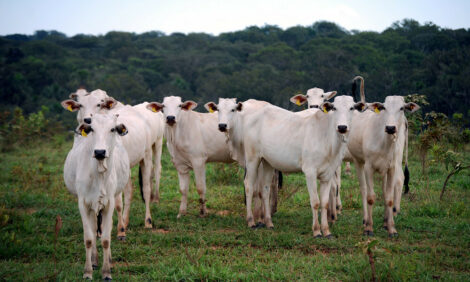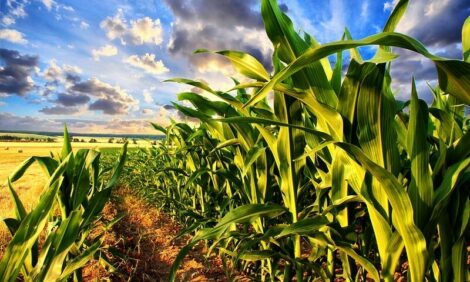



Iodine Levels in UK Milk Deemed Safe
UK - The Food Standards Agency has published the results of a survey measuring the levels of iodine in dairy foods produced in the UK, concluding that concentrations in these foods do not pose a health concern for consumers.
Iodine is a trace element found naturally in milk, but concentrations in other foods can be influenced by its presence in animal feed and hygiene products used in the dairy industry.
A total of 350 samples were taken from a range of dairy foods for sale in the UK, including milk (cow, goat and sheep), eggs (duck, goose, hen and quail), cheese, yoghurt and commercial seaweeds. The survey was used to estimate how much iodine people take in when consuming these food groups, and the choice of samples aimed to reflect the range of products available across the UK and their market share.
The results showed that ll samples of cow milk contained low concentrations of iodine (ranging from 0.30 to 1.00mg/kg). A small number of goat and sheep milk samples gave slightly elevated levels of iodine. The highest levels were 1.3mg/kg in goat milk and 4.6mg/kg in sheep milk – though relatively few samples were tested, and the results cannot therefore be regarded as statistically significant.
TheCattleSite News Desk


